
Transcription
Harlan Richards
How Do You Define Human Rights?
Every time I am tempted to start feeling sorry for myself, all I have to do is think about all the people in the world (both in and out of prison) who are suffering much worse than me: People tortured, raped and killed in third world countries; those with too little food, lacking medical care, and without any hope for a better life.
Compared to them I'm living in the lap of luxury. I get enough to eat (even if it isn't very good), I am clothed and I have a heated cell. I also have opportunities and privileges people in other prisons would kill for. But is that enough? After all, a gilded cage is still a cage. I'm still held against my will, prevented from living a normal life or having normal human relationships.
Even though I don't suffer as badly as others, that doesn't mean I should quietly accept my situation. After all, shouldn't human rights encompass more than basic food, shelter and clothing? Shouldn't it also include justice and fair play? That's the area where Wisconsin falls short.
I am now in my 29th year of imprisonment for stabbing a much-larger man who attacked me without provocation. He died, and due to a series of missteps and poor decisions during my trial and appeals, I ended up in prison for life.
Once upon a time Wisconsin courts were fair, procedural safeguards ensured that innocent defendants would not be convicted and impartial judges were not afraid to render unpopular decisions if justice required it. But that all began to change in the 1980s when Ronald Reagan became president. The conservative wave that swept him into office heralded a decades-long sea change in the political landscape.
Politicians began winning elections based on being "tough on crime". It became more important to imprison people than to see justice served. The nadir of this change in Wisconsin was the issuance of State v Escalona-Naranjo, 185 Wis. 2d 168, 517 N.W. 2d 157 (1994), the precedent which reversed 20 years of prior case law creating a procedural bar to block all defendants from overturning their convictions.
In short, Escalona held that if a defendant knew of an issue (or should have known about it) and could have brought it up on direct appeal, he or she is forever barred from raising it in subsequent post-conviction proceedings. The worst aspect of this holding was that it was applied retroactively so that if a defendant failed to raise an issue on a direct appeal which was decided before Escalona, he or she was still barred. That's what happened to me.
The appellate court held in my case that even though I was convicted of murder based on jury instructions which misstated the law, I was not entitled to a new, fair trial because I procedurally defaulted.
This brings us back to the title question of this blog: How do you define human rights?
If it is merely humane treatment of those who are imprisoned, Wisconsin earns high marks. If the concept includes fair treatment in its judicial system, Wisconsin fails. A guilty verdict in a trial doesn't mean a guilty person was sent to prison. It means that a defendant lost the crap shoot which passes for a judicial system. Wisconsin can do better. It's a shame that it doesn't.
Other posts by this author
|
2021 jun 25

|
2021 may 25
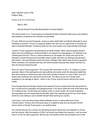
|
2021 apr 23
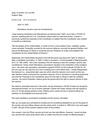
|
2021 feb 19
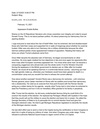
|
2021 feb 17
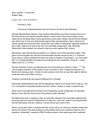
|
2021 feb 15
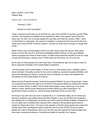
|
More... |
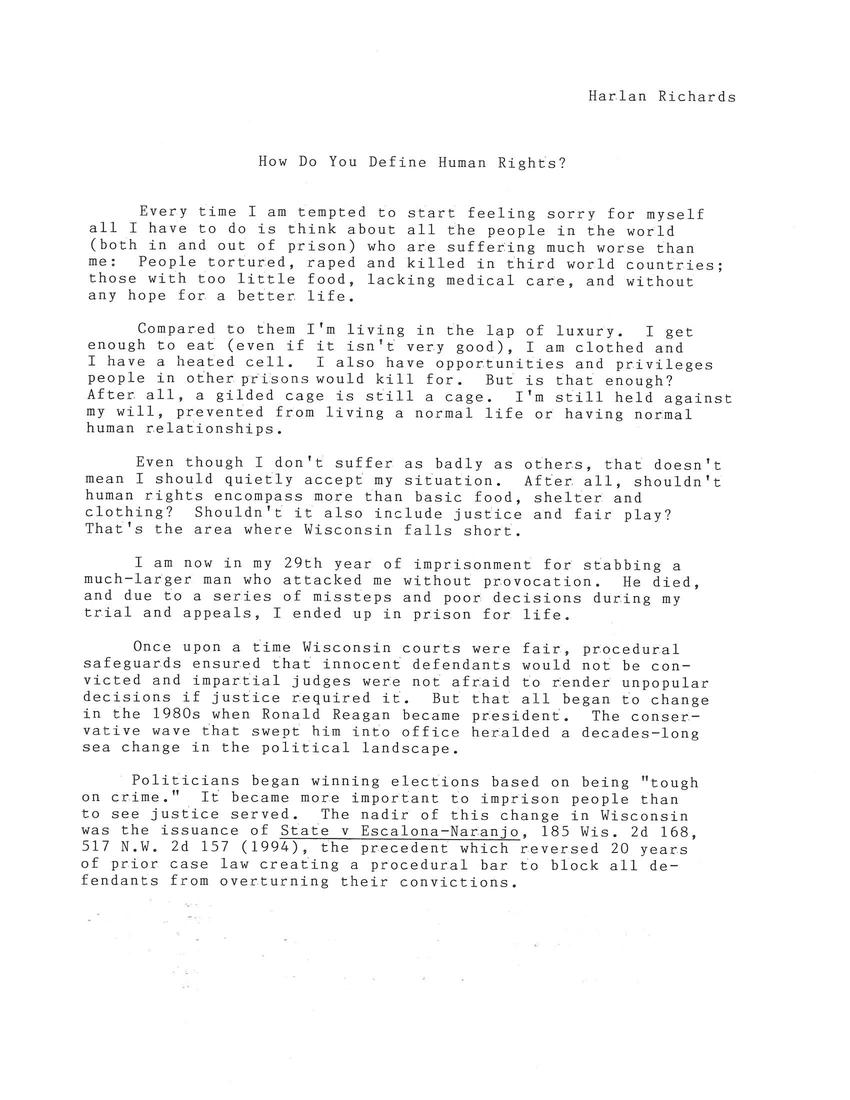
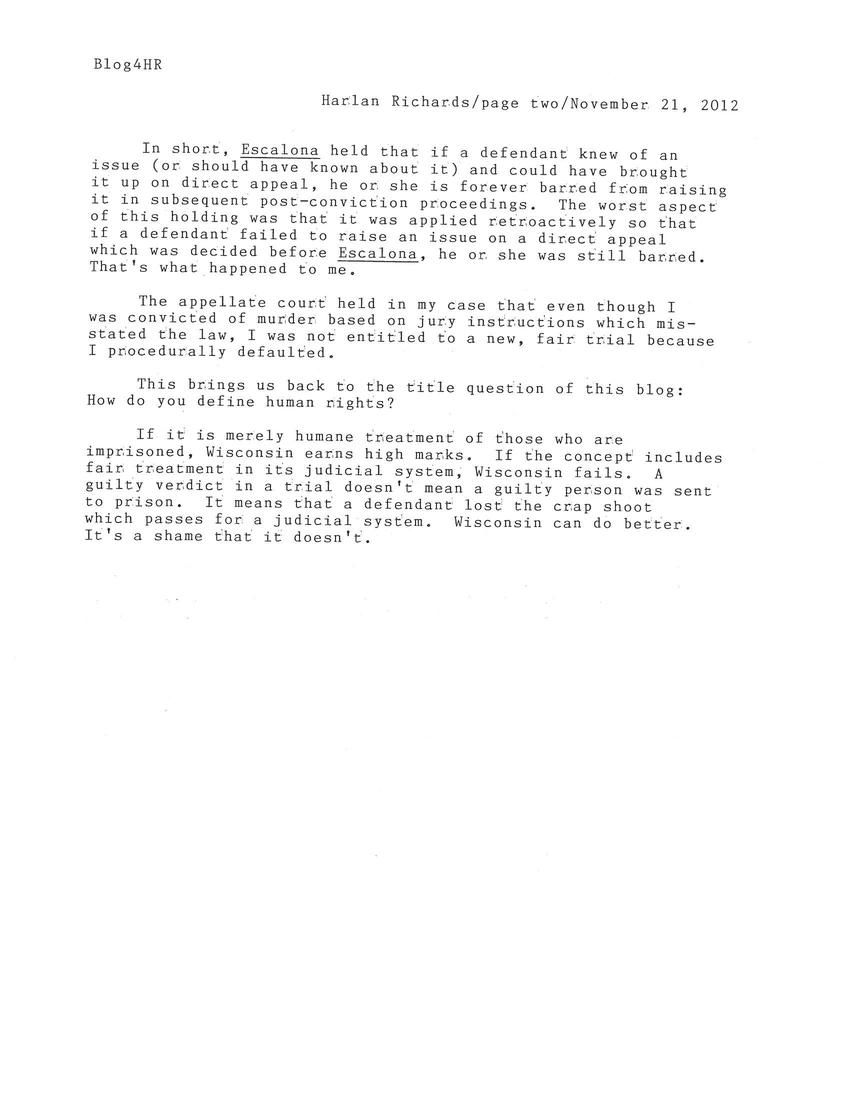

Replies